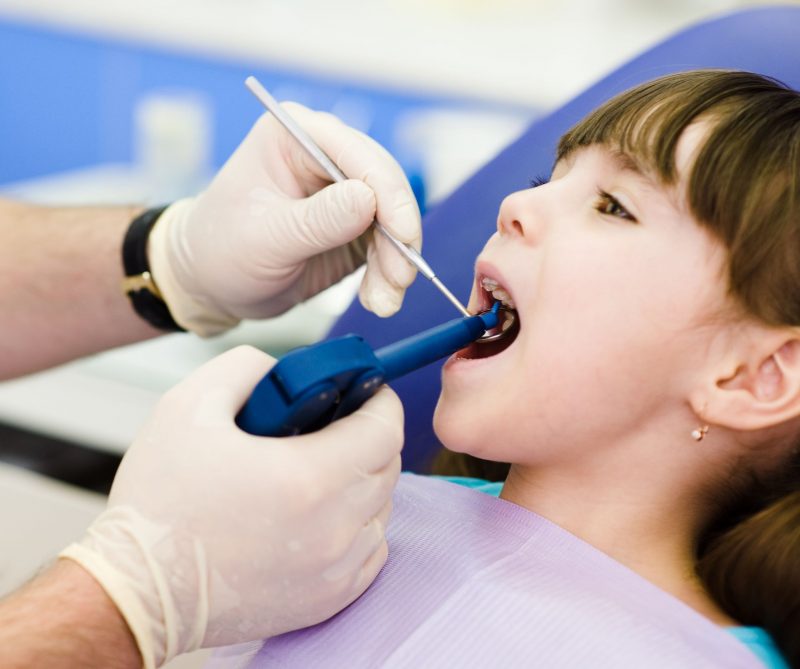Dental implants are a revolutionary solution for tooth loss, providing benefits beyond cosmetic restoration. One of the significant advantages of dental implants is their ability to reduce jawbone deterioration, a common issue following tooth loss.
Here’s how they contribute to maintaining jawbone health.
Stimulation of Bone Growth
Natural teeth stimulate the jawbone through everyday activities like chewing and biting. This stimulation ceases when a tooth is lost, leading to bone resorption. Dental implants in Chaska, MN, mimic this natural function by transferring the mechanical forces of chewing directly to the bone. The titanium post of the implant integrates with the bone, promoting continuous bone growth and preventing deterioration.
Preservation of Adjacent Teeth
Traditional bridges and dentures often rely on neighboring teeth for support, which can lead to wear and weakening over time. This issue can exacerbate bone loss in the jaw. Dental implants, however, are self-supporting and do not affect adjacent teeth. By preserving the integrity and health of the surrounding teeth, implants indirectly contribute to the maintenance of the jawbone structure.
Prevention of Further Tooth Loss
Jawbone deterioration can lead to a vicious cycle of tooth loss. As the bone weakens, remaining teeth lose support, increasing the likelihood of further loss. Mini dental implants in Chaska, MN, provide a stable foundation, halting this cycle. By maintaining bone density, implants help ensure the stability and longevity of remaining natural teeth, thereby preserving oral health.
Long-Term Bone Maintenance
Dental implants in Chaska, MN, offer a long-term solution to jawbone deterioration. Unlike dentures, which may require frequent adjustments and can contribute to bone loss over time, implants are designed to last for decades. This longevity ensures ongoing stimulation of the jawbone, promoting sustained bone density and health.
Visit Chanhassen Family Dentistry for dental implants near Chaska, MN.


